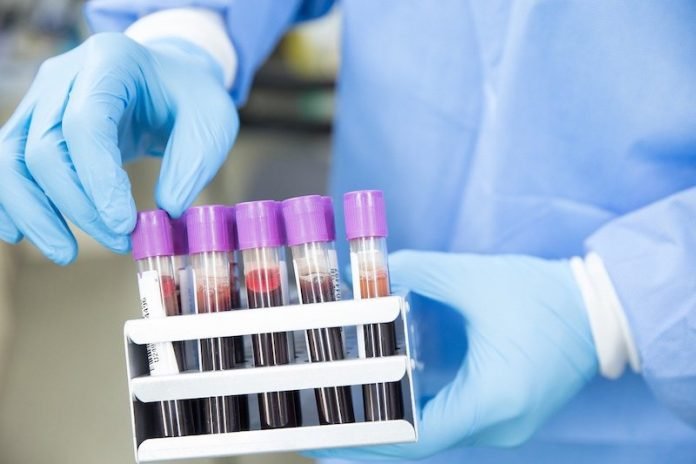
In a new study, researchers found further evidence that people with certain blood types may be more likely to contract COVID-19.
They found that the new coronavirus (SARS-CoV-2) is particularly attracted to the blood group A antigen found on respiratory cells.
The research was conducted by a team at Brigham and Women’s Hospital.
In the study, the team focused on a protein on the surface of the SARS-CoV-2 virus called the receptor-binding domain (RBD), which is the part of the virus that attaches to the host cells.
They assessed how the SARS-CoV-2 RBD interacted with respiratory and red blood cells in A, B and O blood types.
The results showed that the SARS-CoV-2 RBD had a strong preference for binding to blood group A found on respiratory cells, but had no preference for blood group A red blood cells, or other blood groups found on respiratory or red cells.
The SARS-CoV-2 RBD’s preference to recognize and attach to the blood type A antigen found in the lungs of people with blood type A may provide insight into the potential link between blood group A and COVID-19 infection
The team says that blood type is a challenge because it is inherited and not something we can change.
But if scientists can better understand how the virus interacts with blood groups in people, they may be able to find new medicines or methods of prevention.
These findings alone can’t fully describe or predict how coronaviruses would affect patients of various blood types, the researchers say.
The finding is not the only mechanism responsible for what doctors are seeing clinically, but it could explain some of the influence of blood type on COVID-19 infection.
One author of the study is Dr. Sean Stowell.
The study is published in the journal Blood Advances.
Copyright © 2021 Knowridge Science Report. All rights reserved.



